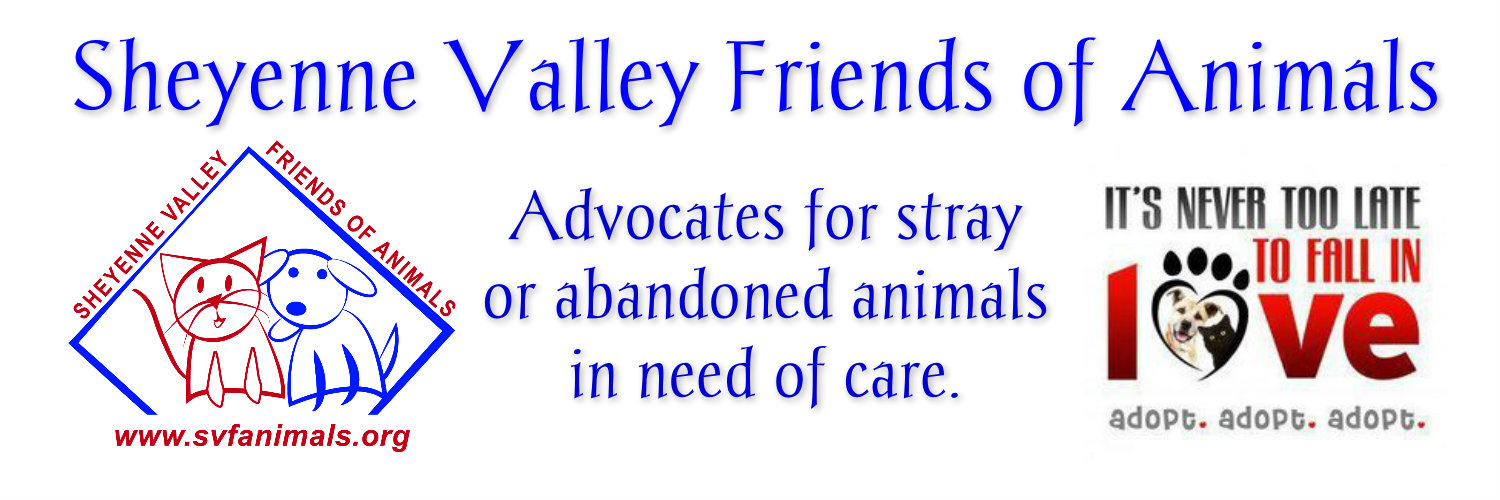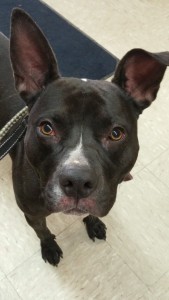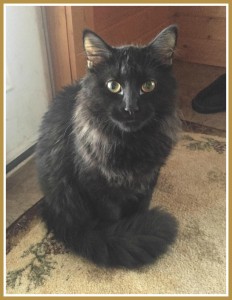Submitted to the Times Record Editor:
Our area has been hit by a couple winter storms so far this year, both having potential dire consequences for both domestic and wild animals. There isn’t a lot we, as individuals, can do to protect wildlife, but you can protect domestic pets.
A good rule of thumb regarding domestic animals is “if you can’t tolerate being outside for more than a short while, don’t expect your pet to do any better.” Animals that are housed indoors most of the time lack the dense undercoat that many wild animals develop. They also don’t usually have the longer fur in the pads of their feet for cold protection. And with the rain/sleet we just had on Christmas day, much of their natural protection from snow is greatly diminished once their fur gets wet.
There are some breeds of dog that can tolerate more cold than others. Huskies, malamutes, Saint Bernards, Swiss Mountain dogs and other “alpine” breeds love winter weather. But this doesn’t mean that when the temperature drops sharply or we get extremely wet snow or rain, that you shouldn’t ensure that your pet has someplace to take shelter.
And some cats with long, dense fur may be able to endure the cold for a longer period of time than a short-haired cat. But keep in mind that both types still have ears, paws and tails that won’t withstand bitter cold temperatures any better than we can if we go outside without proper attire.
If you do have a breed that loves colder weather, make sure they have access to unfrozen water and food. Purchase an electric water bowl that heats just enough to keep their water from freezing. And consider building a shelter area so their water and food don’t get covered by snow.
Remember, if you let your pet outside this time of year, please make sure they are back in the house within a short time, and certainly before you retire for the evening.
Sheyenne Valley Friends of Animals wants all pets to be safe this winter. We have already seen a steep increase in animal care costs this year, taking in several animals that have needed extra care such as amputations or allergy testing. SVFA routinely sees that all animals are spayed/neutered, have their needed vaccinations, and are microchipped to protect them in case they run away or get lost.
Please consider SVFA when making your annual donations to charitable organizations (PO Box 432, Valley City, on our website at www.svfanimals.org or arrange to drop it off by phoning 840-5047). Or think about becoming a foster home for animals until they are adopted by their forever family. We can only accept new animals if we have a foster home to care for it (SVFA pays for vet care, food, litter/litter boxes and toys, and foster homes provide the socialization and love).
You can make a big difference in the lives of homeless domestic animals. They need your help – they need you to care.
Angie Martin, Vice Chair
Sheyenne Valley Friends of Animals
Valley City, ND




